When a manga does well, it is guaranteed to get spin-offs, usually ones that move the story into other mediums. It isn’t uncommon for very popular manga to get adapted several times, often getting both anime and live-action versions.
Some live-action series are as famous as their animated counterparts, however many of these series are overlooked or totally forgotten, ending up as footnotes in anime history. This is compounded by the fact that several notoriously bad anime-to-live-action adaptions, like Dragonball Evolution, have caused people to ignore live-action versions without watching them.
Here are some of the most overlooked live-action anime adaptations that are really enjoyable.
12. JoJo’s Bizarre Adventure: Diamond Is Unbreakable Chapter 1 (2017)
JoJo’s Bizarre Adventure is one of the most well-known anime series currently airing. Written and illustrated by Hirohiko Araki, the original manga quickly gained a cult following and spawned both a smash-hit anime series and this live-action version.
JoJo’s Bizarre Adventure: Diamond Is Unbreakable Chapter 1 is directed by Takashi Miike, most know for the hyper-violent horror film Audition and the legendary 13 Assassins. It retells the manga’s Diamond Is Unbreakable story arc, with Jotaro Kujo learning that he is a Stand user, throwing him into a new world packed with strange people.
Featuring some impressive visuals and cinematography, JoJo’s Bizarre Adventure: Diamond Is Unbreakable Chapter 1 is a fun take on the JoJo lore anime fans know and love.
11. My Love Story! (2015)
My Love Story! is based on Ore Monogatari!!, a manga written by Kazune Kawahara and illustrated by Aruko that became an instant hit when it launched in Bessatsu Margaret in 2011. It became even more popular when Viz Media released it in English. Interestingly the anime adaptation and the live-action version landed on screens in the same year of 2015, however while the anime by Madhouse has received loads of praise, the live-action version is overlooked.
Directed by Hayato Kawai, the film retells the manga’s story, with Takeo Goda doing his best to confess his love to Kagami, who actually has a crush on Takeo’s friend. This feeling isn’t mutual, forcing Kagami and his friends to navigate the confusing nature of young love, with all of them doing their best to make the others happy. The series works well in live-action, making it a shame that this version is overlooked.
10. Kaiji: The Ultimate Gambler (2009)
Gambling Apocalypse: Kaiji is a manga written and illustrated by Nobuyuki Fukumoto. The series follows Kaiji, a young man thrown into a series of dangerous gambling tournaments, forcing him to fight for his life. The series was massively influential, and was adapted into a critically praised anime in 2007, which only made the franchise more beloved.
In 2009 a live-action movie called Kaiji: The Ultimate Gambler was released. Directed by Tōya Satō, this film retells the story of the first part of the manga. Kaiji: The Ultimate Gambler had a lot of pre-release hype as most of this movie’s cast were also in the well-received live-action Death Note film. This hype was well placed as the film got good reviews from critics. Many said it perfectly captured the over-the-top nature of the manga, and it did a fantastic job of portraying the psychological mind games each character uses to get ahead.
9. Attack On Titan (2015)
Hajime Isayama’s Attack On Titan is one of the breakout hits of the last decade. The series began as a manga, but it really took off when it was turned into an anime by Wit Studio in 2013.
The live-action version of Attack On Titan was released in 2015. It was directed by Shinji Higuchi, most known for his work on Shin Godzilla, and was split into two parts, with the second part Attack On Titan: End Of The World being the most fascinating. Because its was written before Hajime Isayama wrote the manga’s conclusion, forcing the writers to come up with their own ending, Attack On Titan presents a unique take on the plot and lore found in the manga, making it stand out against the anime.
8. Kaguya-sama: Love Is War (2019)
Based on the manga written and illustrated by Aka Akasaka, Kaguya-sama: Love Is War quickly cemented itself as a fan-favorite series, and its popularity grew when the anime landed on screens in 2019.
The live-action version, also from 2019, was distributed by Toho and directed by Hayato Kawai. Kaguya-sama: Love Is War depicts the early days of Miyuki Shirogane and Kaguya Shinomiya’s rocky relationship as they attempt to make the other confess their true feelings. The film got a sequel in 2021 called Kaguya-sama: Love Is War Final and it received praise from critics, many of who loved the lead actors’ performances.
7. Alice in Borderland (2020)
Alice in Borderland is the inverse of most of this list. The live-action show released in 2020 was a smash-hit for Netflix getting praise from viewers and critics. Few people realize, however, that Alice in Borderland is based on a manga that had previously received a highly praised but criminally forgotten anime version.
Alice in Borderland launched in the pages of Shōnen Sunday S where it ran from 2010 to 2015. The series was written and illustrated by Haro Aso. In 2014, studios Silver Link and Connect turned the manga into a series of three OVAs dubbed Three of Clubs, Five of Spades, and Seven of Hearts.
6. Dragon Ball: The Magic Begins (1991)
Dragon Ball is a massive franchise that has spawned one infamously terrible live-action film in Dragonball Evolution. This isn’t the only Dragon Ball live-action film, with the 1991 released Dragon Ball: The Magic Begins a delightfully cheesy romp.
Dragon Ball: The Magic Begins is an unofficial Taiwanese film based on Akira Toriyama’s legendary franchise. The film is directed by Chun-Liang Chen and loosely retells the story found in the animated movie Dragon Ball: Curse of the Blood Rubies. While the film is obviously low-budget and unmistakably unofficial, it is a delightfully silly film, making it perfect for a movie night with friends.
5. Dragon Ball: Fight for Victory, Son Goku! (1990)
Dragon Ball: Fight for Victory, Son Goku! is an unofficial Dragon Ball movie made in Korea by Dai Won, a studio that usually focused on animated series, including working on Cubix: Robots for Everyone and later seasons of the original Teenage Mutant Ninja Turtles cartoon.
Dragon Ball: Fight for Victory, Son Goku! is a surprisingly accurate retelling of the early arcs of Dragon Ball, and despite having an obviously limited budget, the film is packed with B-movie charm.
4. Cutie Honey (2004)
Cutie Honey is a massive and highly-influential franchise. Created by Go Nagai, Cutie Honey debuted in the pages of Weekly Shōnen Champion in 1973. The series proved popular and got an anime spin-off in 1973, and both the anime and manga have been relaunched and rebooted several times.
The series follows android girl Honey Kisaragi as she tries to avenge her father’s death by defeating Panther Claw, an evil organization. Honey, however, can transform into the superpowered heroine Cutie Honey, allowing her to fight even the strongest foes. Cutie Honey is often considered one of the first ‘magical girl’ series and influenced many later shows.
The 2004 Cutie Honey movie was directed by the legendary Hideaki Anno, most known as the creator of Neon Genesis Evangelion. Anno also co-wrote the screenplay with Rumi Takahashi. The film loosely retells the manga’s story, with Honey tracking down and fighting some of Panther Claw’s most dangerous members. Cutie Honey has an incredible over-the-top visual style, perfectly bringing the manga’s panels to life. This is especially true in the movie’s highly memorable action sequences.
3. Way Of The Househusband (2020)
The Way Of The Househusband manga, written and illustrated by Kousuke Oono, quickly became a sleeper hit when it launched on Kurage Bunch in 2018. The story follows Tatsu, a feared mob boss who leaves the world of crime behind so he can become a househusband to support his busy wife. This, of course, leads to several culture shocks that are only amplified by the fact that several of Tatsu’s old contacts are very confused by his new lifestyle.
Full of loveable characters and charming humor, the series was quickly picked up for adaptions, including a live-action version. Premiering in 2020, this adaptation stars Hiroshi Tamaki as Tatsu, and it perfectly captures what made the manga so popular.
2. The Ingenuity of the Househusband (2021)
The biggest testament to Way Of The Househusband’s success is that it had two live-action versions within a few years. The Ingenuity of the Househusband was made by Netflix and starred Kenjiro Tsuda, the man who voiced Tatsu in the anime version of the series.
This series is a set of short vignettes showing Kenjiro doing different household tasks with a Tatsu-like charm. It doesn’t adapt the manga in the traditional way, but the choice of lead and the title clearly show that this is meant to be the same character and that it is set within the universe of that manga. Because of this, The Ingenuity of the Househusband isn’t great for those new to the franchise (especially as it doesn’t explain who Tatsu is,) but for those who want more of the show, it is a fun watch.
1. Pretty Guardian Sailor Moon
Sailor Moon needs no introduction. Starting life as a manga written and illustrated by Naoko Takeuchi, Sailor Moon became an instant hit when it launched in 1991. The anime adaptation, created by Toei Animation, was a global hit, and for many American kids it was the first exposure to both anime and the ‘magical girl’ genre.
The live-action version, however, is frequently forgotten. Running from 2003 to 2004, Pretty Guardian Sailor Moon is a tokusatsu-inspired version of the legendary manga, however this series quickly diverts from the manga’s story introducing new plot points and antagonists, including the fan-favorite character Dark Sailor Mercury. While the show feels like Sailor Moon, it is unlike any other version of the story, making it a must-watch for long-time fans of the franchise.

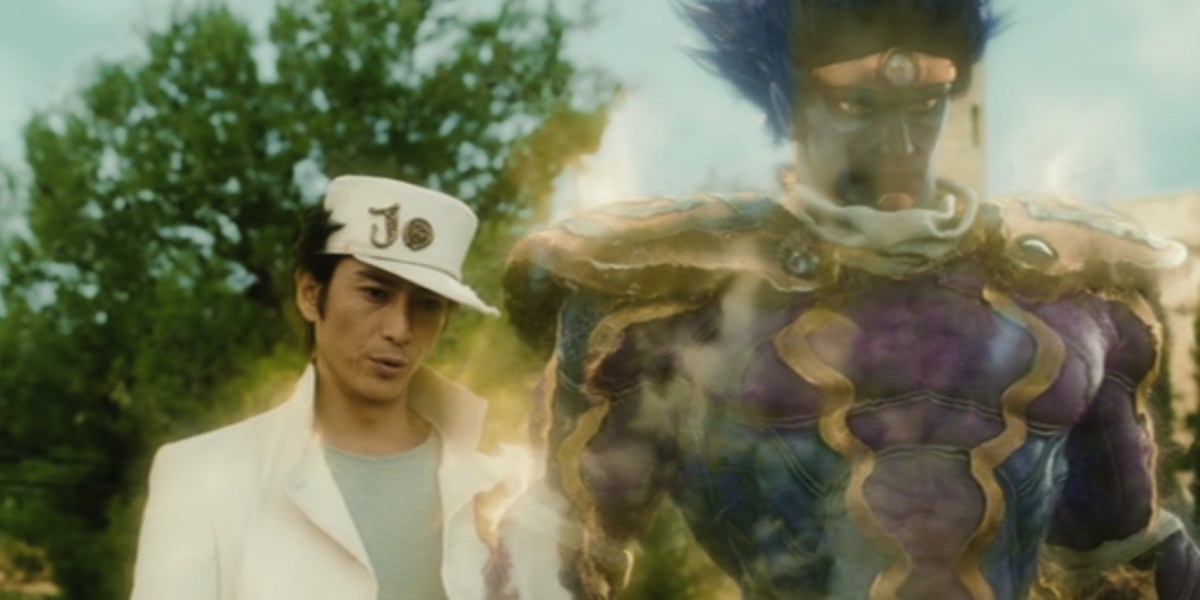

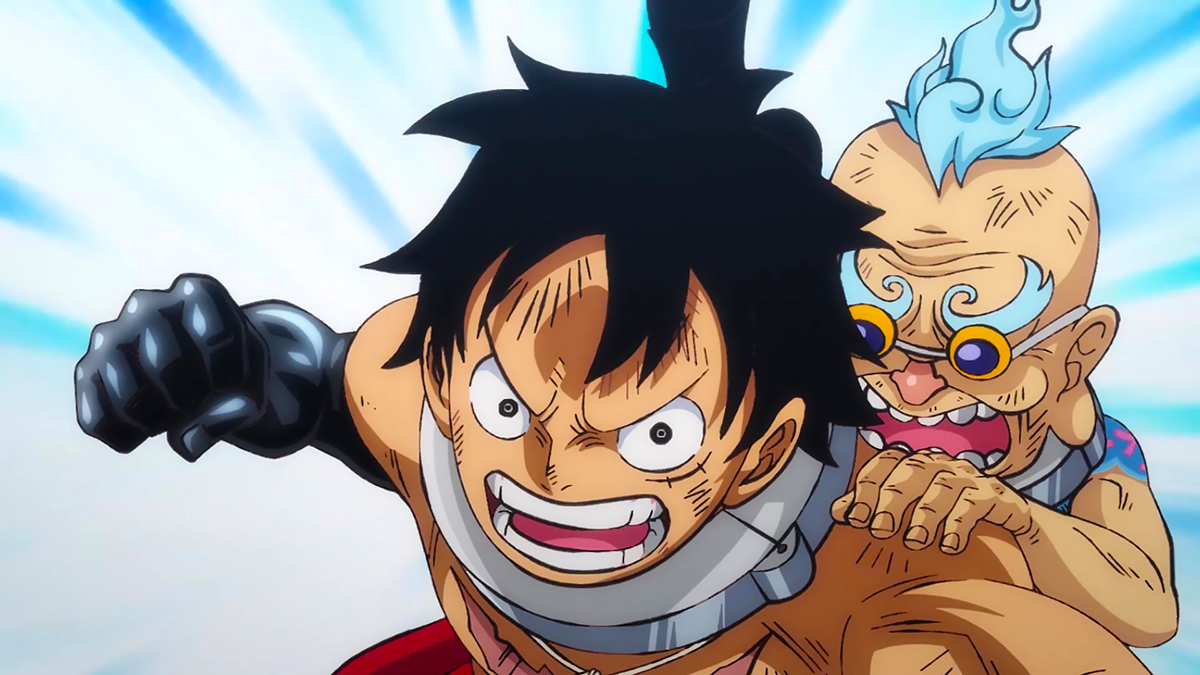
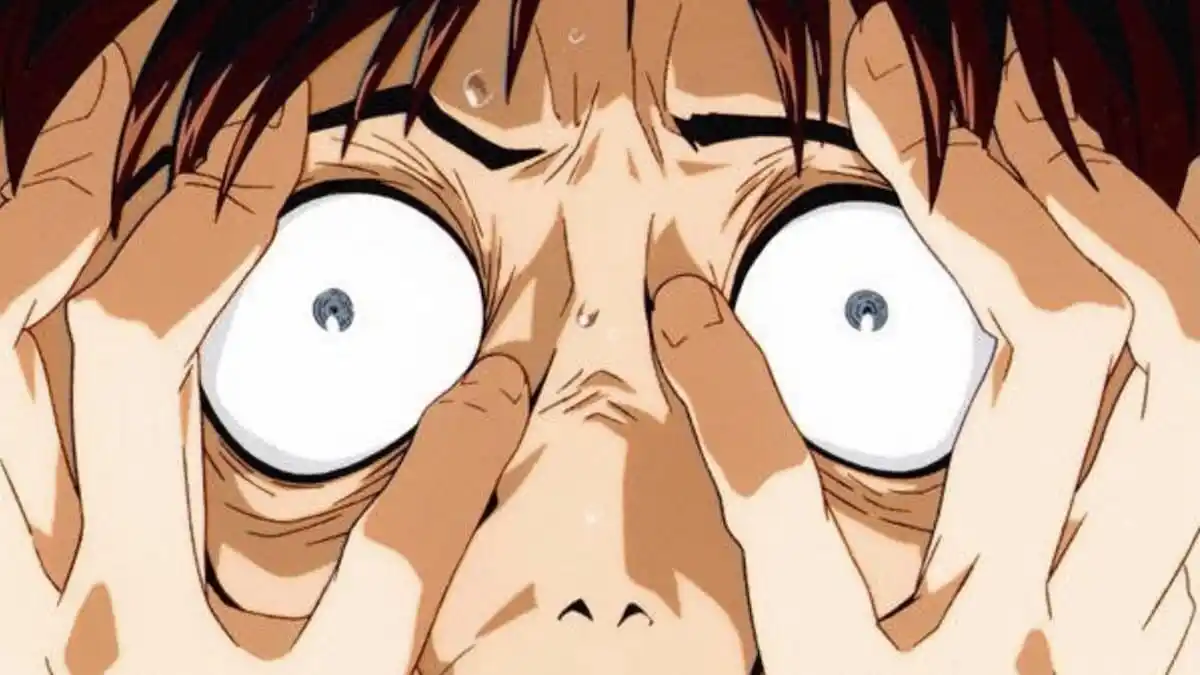
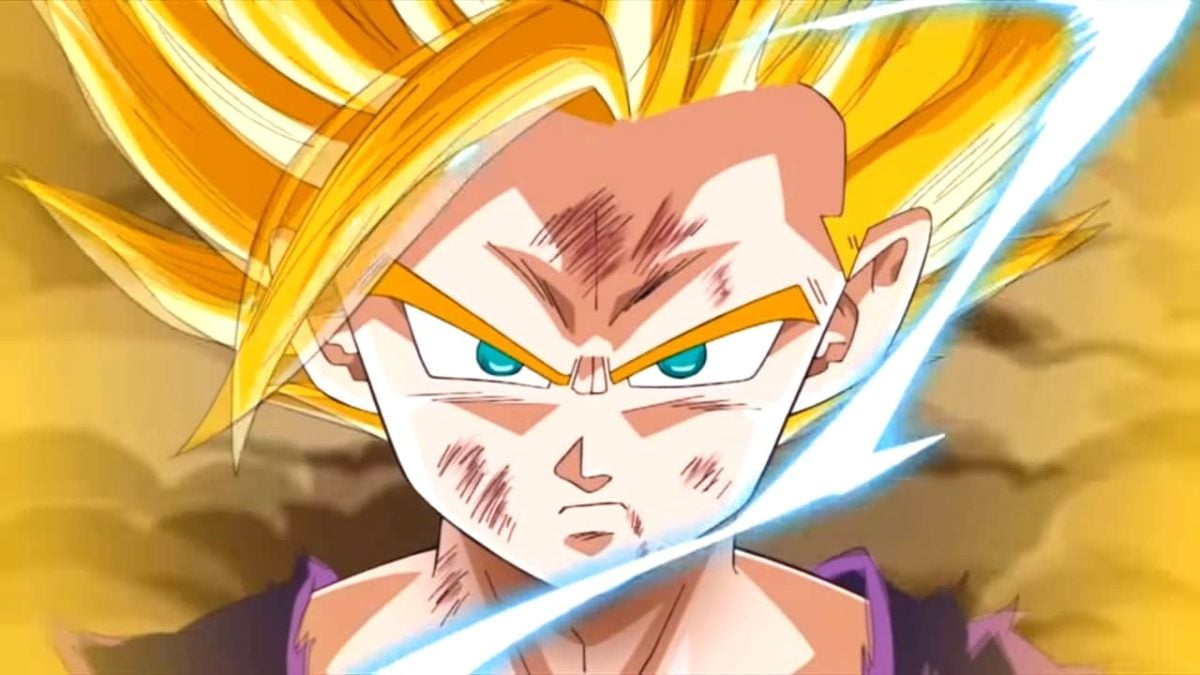
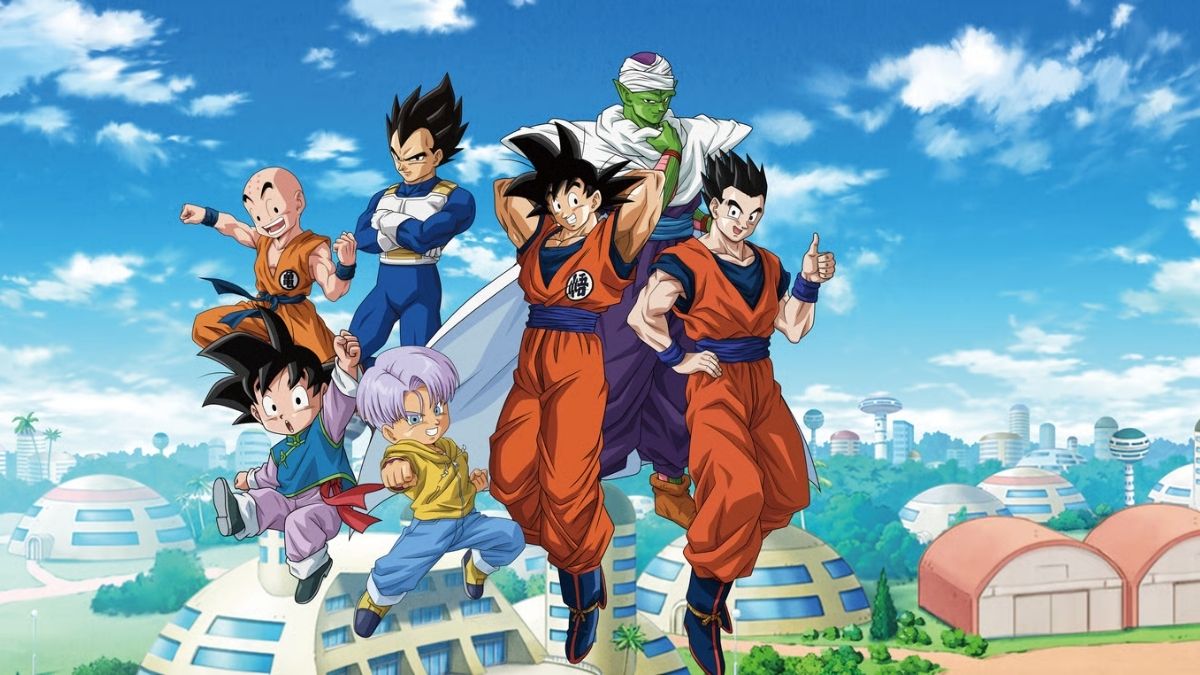
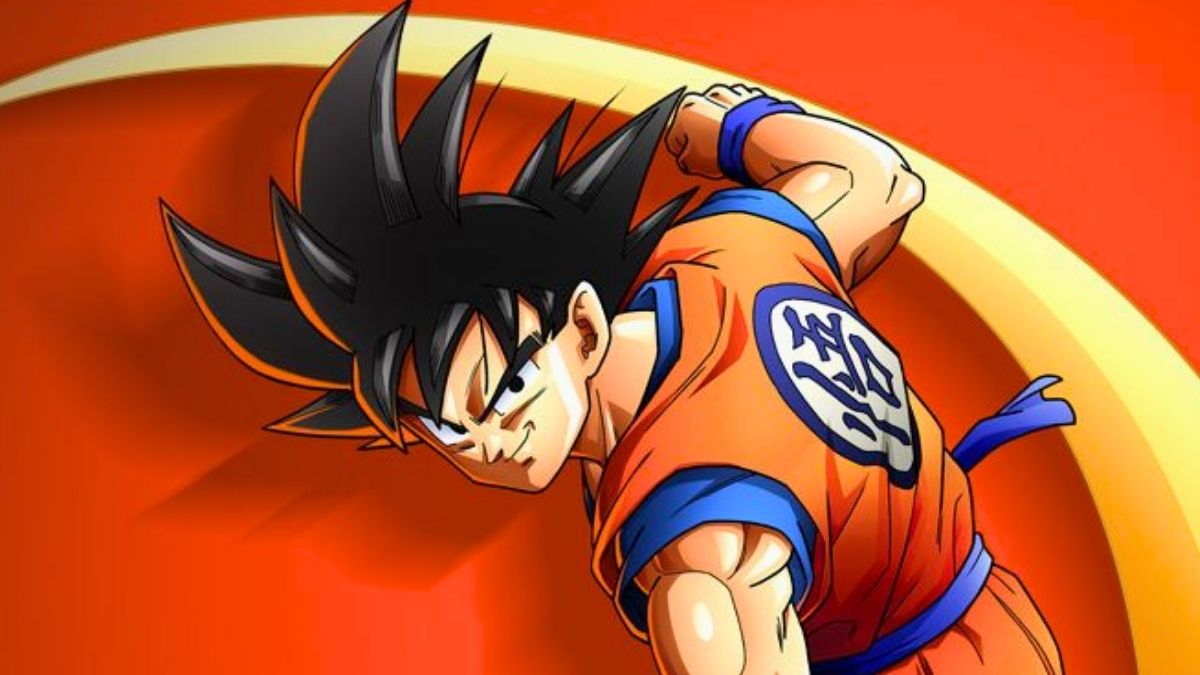
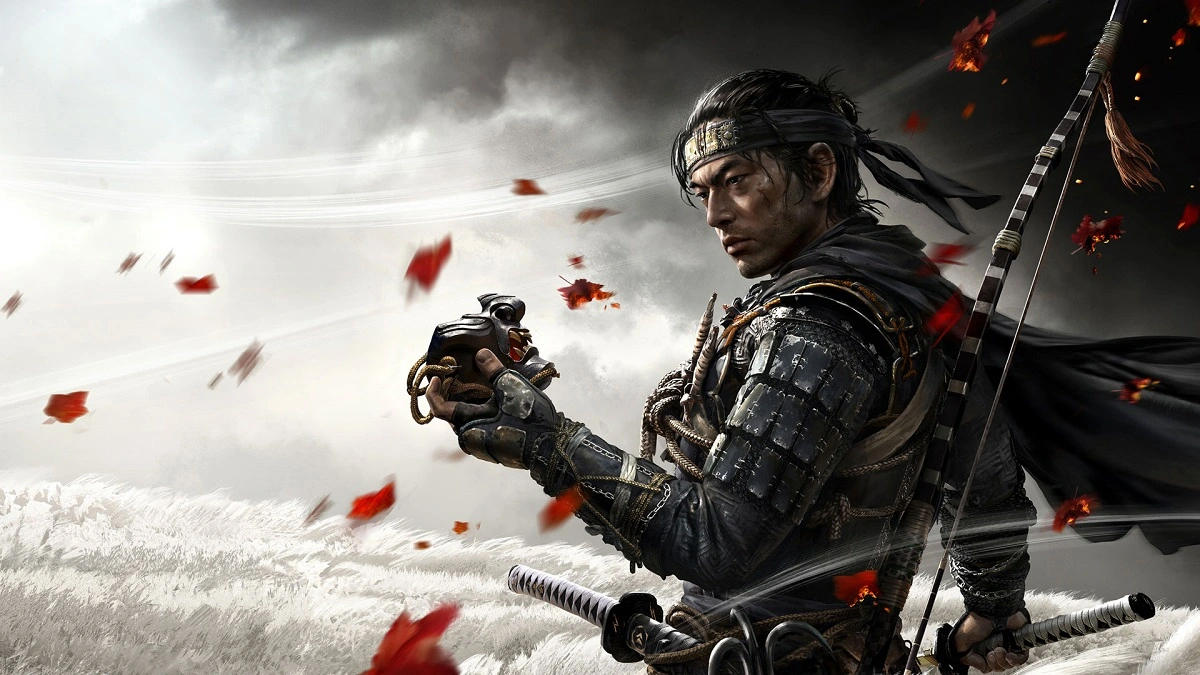
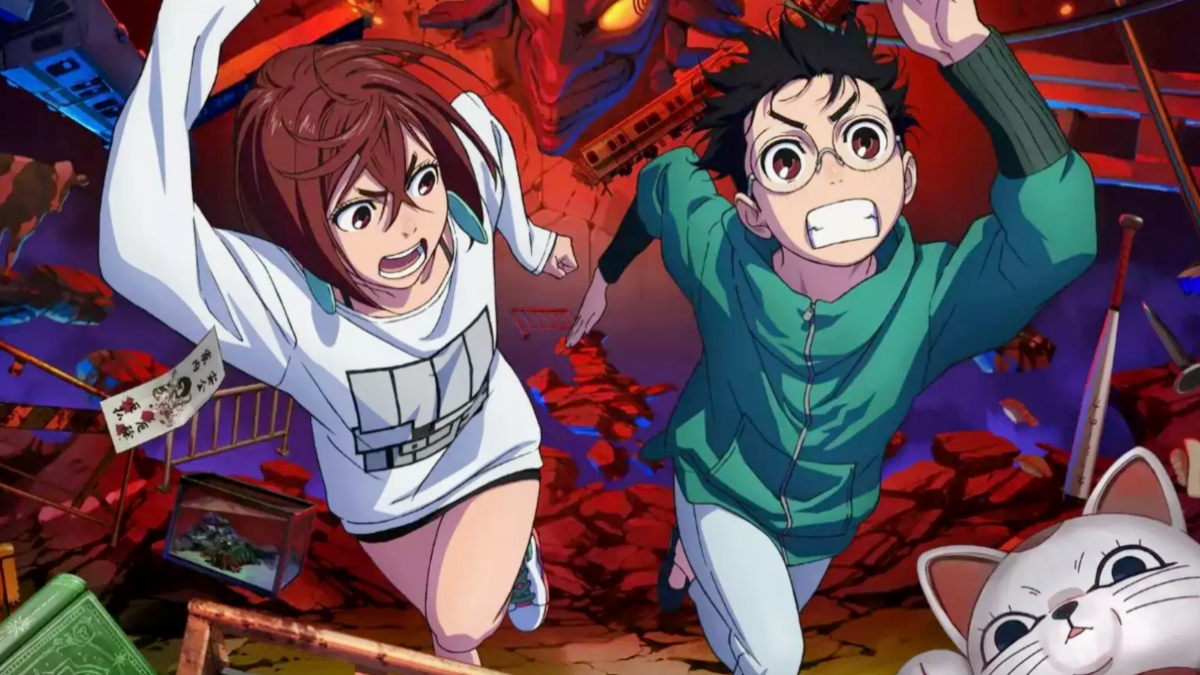
Published: Sep 8, 2022 01:10 am